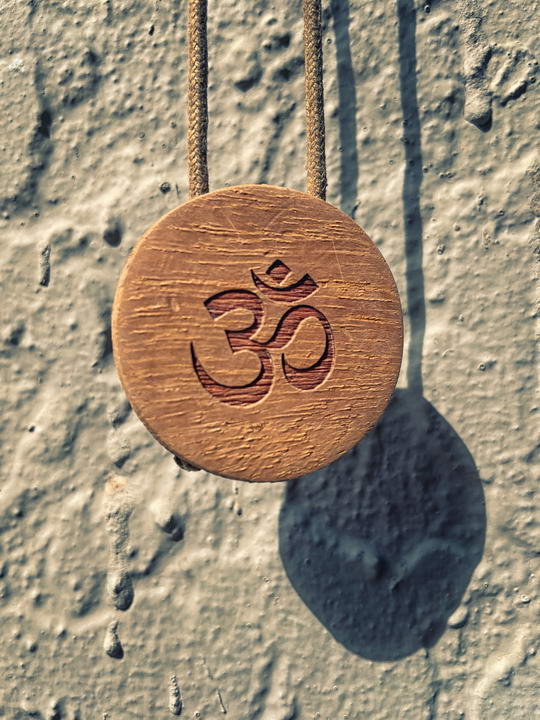In a world often defined by divisions and distinctions, the Advaita philosophy emerges as a beacon of non-dual understanding, inviting us to transcend the boundaries that separate us from each other and from the essence of existence itself. Rooted in ancient Indian wisdom, Advaita, which means “non-duality,” offers profound insights into the nature of reality, self, and the interconnectedness of all things. In this article, we embark on a journey into the heart of Advaita philosophy.
Explore Meditation Retreats & Wellness Retreats
Explore Yoga Retreats with Tejomaia.com

The Illusion of Duality
Advaita philosophy challenges the dualistic perception that sees the world as a collection of separate, isolated entities. Instead, it suggests that this perceived separation is an illusion, obscuring the underlying unity that connects all of existence. This concept resonates with the ancient Vedic saying, “Tat tvam asi,” which translates to “You are that,” highlighting the intrinsic connection between the individual and the cosmos.
Atman and Brahman: The Non-Dual Essence
At the core of Advaita philosophy lies the understanding of Atman and Brahman. Atman refers to the individual self or soul, while Brahman signifies the ultimate reality or universal consciousness. Advaita asserts that the true nature of Atman is not distinct from Brahman; rather, they are one and the same. This realization of non-duality leads to the dissolution of the ego and a profound sense of unity.
The Concept of Maya
Advaita philosophy introduces the concept of Maya, the illusory power that veils the true nature of reality. Maya gives rise to the perception of duality and separateness, leading individuals to believe in the existence of separate entities and identities. The goal of Advaita is to transcend Maya’s influence through self-inquiry and direct experience of the underlying unity.
Self-Realization and Liberation
The ultimate aim of Advaita philosophy is self-realization or “moksha.” This is the state of liberation where the illusion of duality is shattered, and one realizes their essential identity with Brahman. Self-realization is not an intellectual understanding but a direct experiential insight that transcends words and concepts. It’s the awakening to the truth that the individual self is an illusion and the recognition of the all-pervading, unchanging consciousness that is Brahman.
Practice and Inquiry
Advaita philosophy emphasizes rigorous self-inquiry and contemplation. The seeker is encouraged to question the nature of reality, the self, and the relationship between the two. This inquiry serves as a tool to strip away the layers of illusion and reveal the non-dual truth that underlies all appearances.
Living in Harmony
Advaita philosophy doesn’t advocate detachment from the world; rather, it promotes living in the world with a deep sense of interconnectedness and compassion. When one recognizes the unity that pervades all of existence, interactions with others and the environment are infused with a profound sense of respect and reverence.

Advaita philosophy beckons us to move beyond the limitations of duality and embrace the profound truth of non-separation. Through the realization of the oneness of Atman and Brahman, the seeker embarks on a journey of self-discovery and liberation. This philosophy offers a transformative perspective that challenges our conditioned perceptions and invites us to experience the world through the lens of unity, love, and timeless wisdom.
Explore Meditation Retreats & Wellness Retreats
Explore Yoga Retreats with Tejomaia.com


